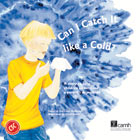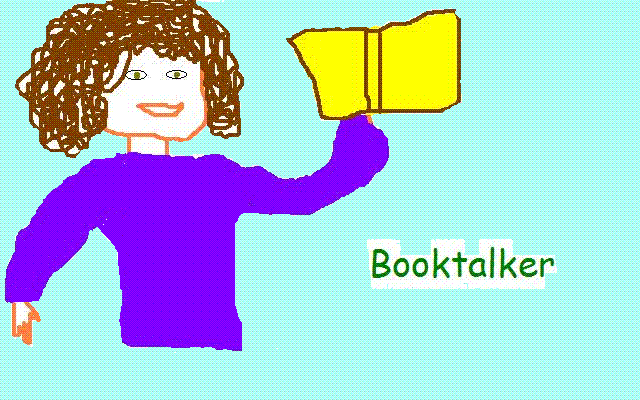|
nancy@nancykeane.com
|
 |
Centre
for Addiction and Mental Health.
CAN I CATCH IT LIKE A COLD?
: A STORY TO HELP CHILDREN UNDERSTAND A PARENT'S DEPRESSION
Toronto : The Center, 2002.
IL K-3
ISBN 0888684169
|
|
Click on the book to read Amazon reviews
|
Children
have lots of questions when someone in their family struggles with depression.
Sometimes they just don’t have the answers and the depression often become
the family secret that nobody talks about. To help children understand
their parents’ depression, the Centre for Addiction and Mental Health,
(CAMH), has published the first storybook of its kind developed in Canada,
called “Can I Catch It Like a Cold?”.
“Can I Catch It Like a Cold? “ is written for children aged 5 to 9 years
old, for use by parents, extended family, teachers and professionals who
want to address the impact of a parent's depression in children's lives.
The book answers children's questions such as: “Why does my mom or dad
act the way she or he does?,” “Will my mom or dad get better?", "Is the
depression my fault?" and "Will it happen to me too; Can I catch depression
like a cold?"
Wonderfully illustrated by Coral Nault, this storybook explores alcohol
problems through the story of Alex, who struggles to understand his father's
depression. Alex can't understand why his father sits at home alone
crying, instead of coming out to watch him play soccer. Alex soon
discovers that his father has depression.
This book explores kids' common questions through Alex, who learns a great
deal about his father's struggle by talking with a friend whose mother
also has depression, and from talking with the school counselor and a psychologist.
Alex learns what causes depression, what treatments are available, and
how he can cope and live well while his father is ill. He also learns
that it's not his fault that his father has depression -- and no, depression
is not something you can catch like a cold. (Susan Rosenstein, susan_rosenstein@camh.net,
Centre for Addiction and Mental Health) |
|
SUBJECTS:
Depression (Psychology). |
© 
Permission is granted for the
noncommercial duplication and use of this resource, provided it is substantially
unchanged from its present form and appropriate credit is given.
|
